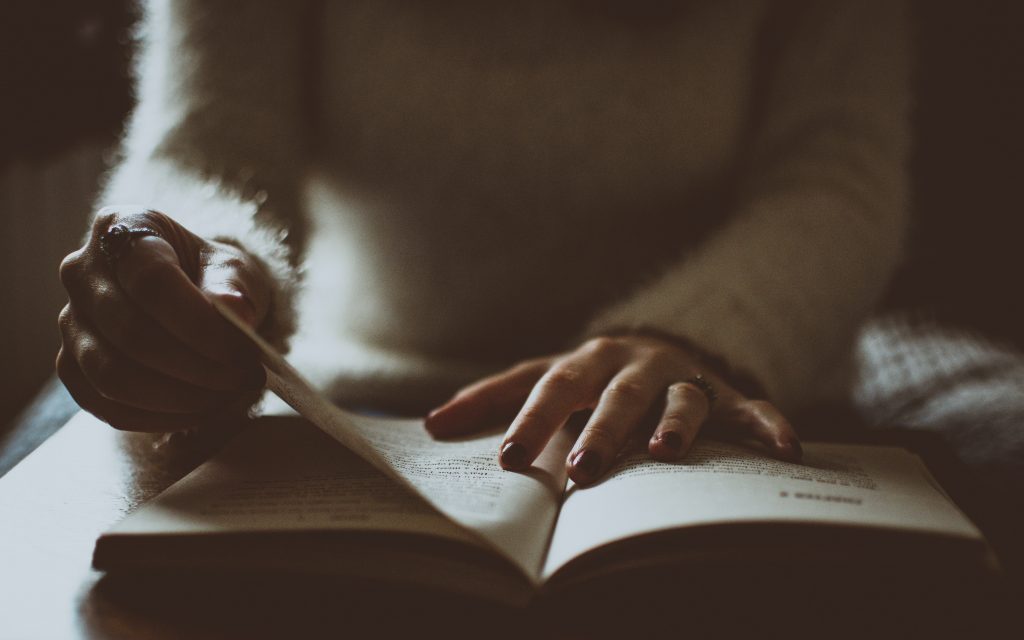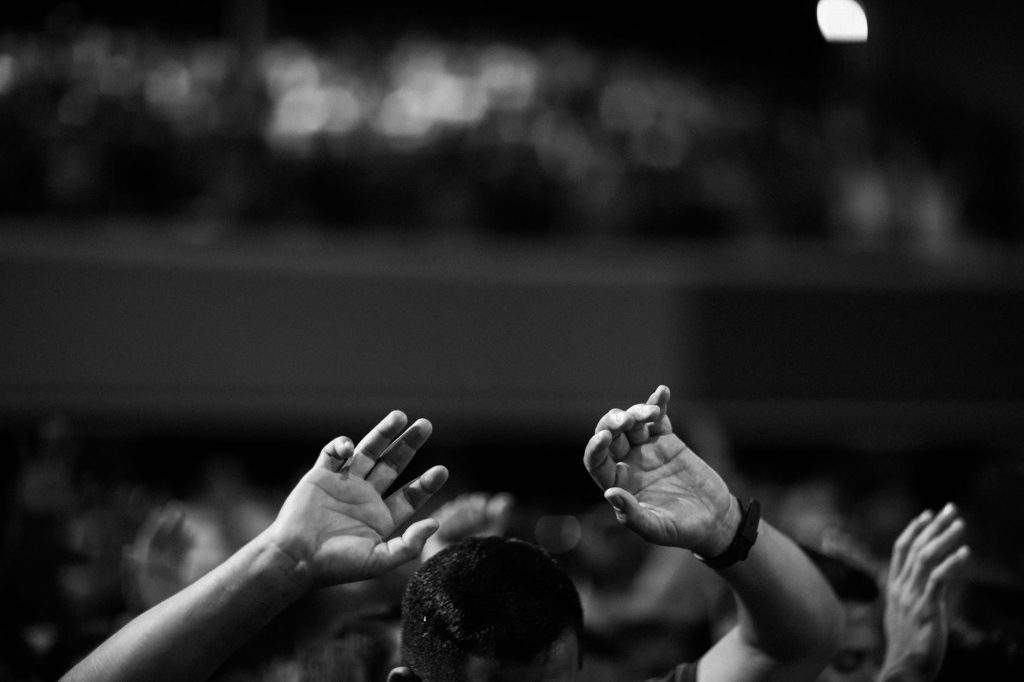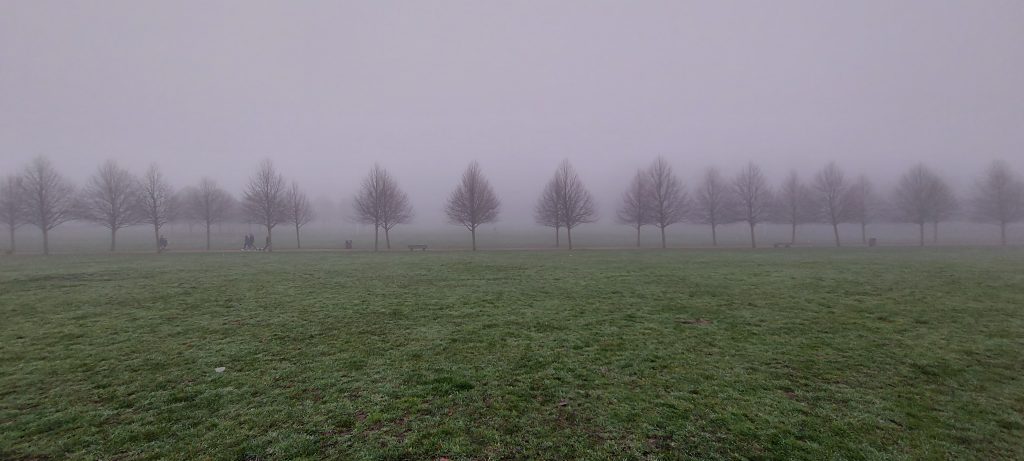The plane touched down in Israel and we joined the long queue to get through passport control. Each of us were interviewed by different polite, but serious staff, dressed in black. “Why are you going to Israel? Have you packed your own bags? Are you taking anything for anyone out there?” Our Passports were taken off us and checked. On return we were given a security sticker.
Arriving in Jerusalem, with our hotel within the old walled city, the issue of security was never far away. As we walked through the narrow streets, the guards, and police, from all sides – Palestinian and Israeli – kept an eye on us. When we went to the wailing wall our bags were checked and we were ready to show our passports if needed at any time.
Jerusalem in 2019 was peaceful, but conflict was always right there, just under the surface, seemingly ready to emerge at any moment. Everyone is vigilant. Children too.
On one of the days, I visited the Holocaust Museum – Yad Vashem – an incredibly powerful and moving site, where architecture, film and artefacts told the brutal story of the Jewish Holocaust in the second world war. I was stunned into silence.
On another day we crossed the Wall – a huge and vast towering wall that separates Israeli controlled territory and Palestinian land. Bethlehem is cut off from Jerusalem and even as tourists we experienced something of the inequality, the interruption, the fear, and the division that years of conflict have woven into the fabric of the society.
On the banks of the River Jordan, visiting the so-called baptism site of John the Baptist, there were signs telling us to beware of the mines lining the road because this was the borderland and it wasn’t safe. We drove one day to the Golan Heights and looked out over the plain where the tanks rolled and were pushed back into Syria – a country torn apart by violence I have never experienced.
And then we returned home to the news of Brexit and elections and division here. Divisions between leavers and Remainers, The DUP and the Conservatives, Boris and Corbyn, Parliament and government, the Speaker and the Prime minister… And so on… You know the story…
Division is nothing new.
And division often leads to anger, to frustration and often to violence too.
The powerful impose their will upon the weak. And violence is never far away.
Not just between nations, but neighbours. Sometimes school kids carry knives
When identities are threatened, cultures are challenged, we find ourselves fighting.
Division is normal – it’s nothing new. We live in a world at war. And we are always being asked to take sides.
And then there is Remembrance Sunday, a day when we remember the cost division brings.
Is there a distinctively Christian way of talking and behaving right now? Is there a way that we can demonstrate that we don’t live in the kingdom of darkness anymore but are governed by the Kingdom of God? Is there a way that we can witness to the reality of this kingdom of love and forgiveness, in the world right now? On Remembrance Sunday?”
I think so. And I hope we will.
As we gather on Sunday, here are some thoughts to guide our remembering:
- Remembrance calls to rethink our faithfulness to Jesus
- Remind us of the deep brokenness of humanity
- Reminds us of our jealousies, greed, self-orientation, longing for power
- Reminds of our nationalisms and divisions
Christian remembrance is distinct from other more civic kinds.
Our service on Sunday is for worship. It is not a civic event. All are welcome, for when we gather around The Table, we are not British – we are Christians, living in Britain, trying to live as disciples. Being with Jesus, becoming like Jesus and doing the things that Jesus did.
What might make our services distinctly Christian?
Seven things. They are marked by:
- confession and lament
- Scripture, bible reading and meditation
- prayer – for our enemies, for governments, for the poor, for the church
- the ‘peace’ – embodying the inclusion of others different from ourselves
- the bread and wine – the cross stands in the centre
- resurrection – proclaiming his death until he comes – hope
- commitment to being faithful and being sent out to be a sign and a blessing
What does the world need right now? What does our Country need right now?
I think it needs us to be Christians. Jesus-shaped communities that gather around the cross – around confession, scripture, that pray, that break bread together, that celebrate the resurrection and anticipate the restoration of all things in Christ, that send each other out with blessings and encouragement to remain faithful to Christ every day.
The symbol we gather around is not a flag here, or wreath. Our is a shared table and the symbols are a plate and a cup. Bread and wine. Our weapons are not guns. Our fight is not against flesh and blood but against the principalities and powers of this dark world. We commit ourselves to pray, to lay ourselves down, to love.
This is what the world needs. This is what we need. This is what Jerusalem and Israel and Palestine, and Syria and America, and Ukraine and Russia and China need… Christians looking like Jesus – breaking bread and praying that God will use them to be like Jesus in the world of division and pain.



